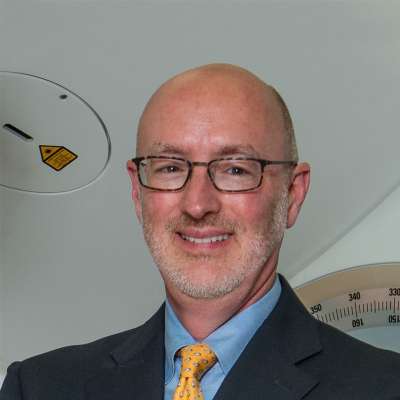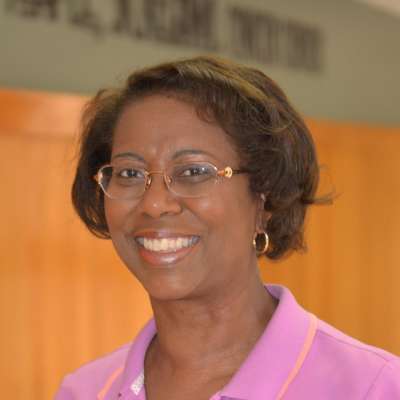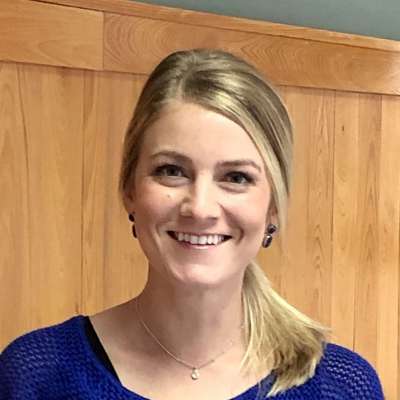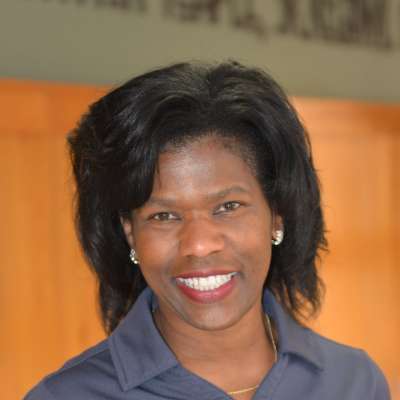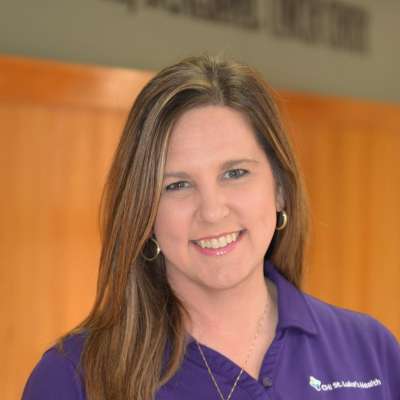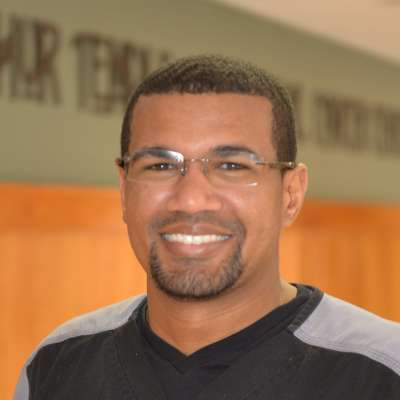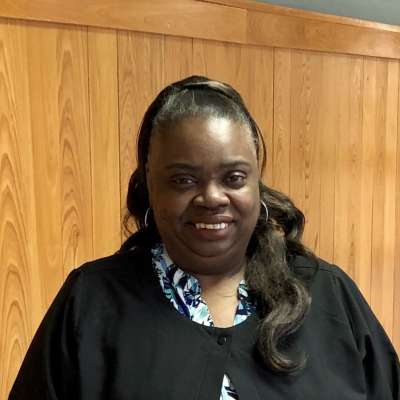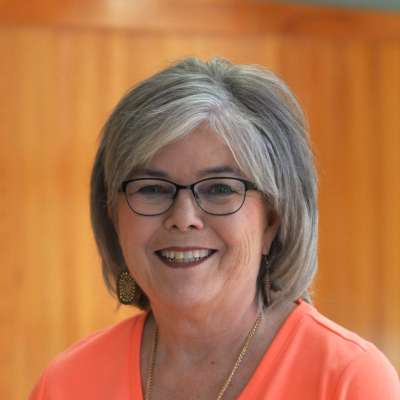When we think of health, the top concerns – if we are talking about death – include heart disease, cancer, COVID-19 (thankfully on the decline), accidents, stroke, and lung diseases.[1] Heart disease has topped the list of causes of death in the United States as long as I have practiced medicine. Yet I rarely see people sitting around talking about how afraid they are of heart disease unless they have already been debilitated by it.
As a cancer doctor, I see fear of cancer as pretty universal. Some people don’t even want to utter the “C” word above a whisper.[2] My mother-in-law died of breast cancer in her 50s, and she observed that some people would physically take a step back from her when she told them she had cancer, as if they would catch it from her. I never see anyone whispering “heart disease” or refusing to tell grandma she has COPD, like they do with cancer.
Given that we cure nearly seven out of ten patients with cancer these days,[3] the general public’s fear of cancer seems a bit misplaced, or at least exaggerated, since heart disease is the more common (and more avoidable) grim reaper. In fact, I have patients in my office on a daily basis with any number of risk factors for heart disease who seem totally oblivious that their hearts are ticking – yes – but ticking time bombs.
According to the CDC, the leading risk factors for heart disease and stroke are high blood pressure, high low-density lipoprotein (LDL) cholesterol, diabetes, smoking and secondhand smoke exposure, obesity, unhealthy diet, and physical inactivity.[4] Each of these risk factors is, to a significant degree, under the individual patient’s control. Although reasons for ignorance or passivity about modifying individual risk factors for heart disease abound, I suspect the main one is simply that life gets in the way. Put another way, there are always more immediate concerns: keeping a job, paying bills, car repairs, putting food on the table, etc. In the day-to-day of simply surviving, putting in effort now to prevent a disease that arguably is a ways down the road is just not a priority. Like the weight loss joke goes, all diets start tomorrow.
Now, if you ask the elderly what they fear, the list looks different. Cognitive decline is a major worry among the over 65 group.[5] Rightly so. The number of people with Alzheimer’s disease is projected to increase two to threefold by the year 2060. Why is that? Basically, we are living longer because we are dying less from other chronic diseases.[6] The risk of Alzheimer’s disease and related dementias increases the older we get – and we are getting older.[7]
In my work as a hospice physician for Hospice in the Pines, I see the late stage devastation of Alzheimer’s daily. In one study out of The Netherlands posted on the Alzheimer’s Association website, the average length of time from diagnosis to nursing home placement was just shy of 4 years and the median survival from recorded dementia diagnosis to death was 5 years.[8] However, the length of illness has varied widely among many studies, from 2.5 to 7.3 years. The point is, Alzheimer’s can be an unpredictable and devastatingly lengthy illness.
There is no cure for Alzheimer’s. That is very hard for me to write. I hope I live long enough to look back one day at this column knowing we learned how to prevent or cure Alzheimer’s, much like we did diseases like smallpox or polio. Not only is there no cure, the treatments we have do far too little to help with symptoms (memory and thinking), much less to halt the progression of the disease.
Despite the capricious timeline in any given patient, there are known stages through which Alzheimer’s progresses, from mild cognitive impairment to increasing need for assistance in the middle stage to eventual total dependence in late stage disease.[9] The Functional Assessment Staging Test (FAST) scale, developed by Dr. Barry Reisberg,[10] is used in Alzheimer’s disease to document where along the path of decline an individual patient may be. Severe dementia is noted on the FAST scale as the point where a patient is no longer able to control bowel and bladder function on their own and speech is limited to 5-6 words a day. It is important to note that even at this level of dementia, patients can still walk – and wander off! – and potentially can live still for several years. In my experience, only when patients are no longer able to walk is their prognosis likely 6 months or less. Even then, trying to ascertain life expectancy in Alzheimer’s – which hospice physicians must due according to CMS Medicare hospice rules[11] – is a humbling task.
If someone you know has Alzheimer’s, understand that Alzheimer’s affects not just the patient, but their family and extended network as well, including coworkers, friends, and house of worship. Resources are available through the Alzheimer’s Association at www.alz.org.[12]
Which disease do you fear? Maybe that is the wrong question. Should we let fear control us? Where do we place our hope? This Sunday, I have the privilege of playing keyboards at my church as a friend sings Shall Not Want, a wonderful contemporary worship song based on Psalm 23:1 – The Lord is my shepherd; I shall not want (ESV).[13] There is a line in the song that says, “And I won’t be afraid of the shadow ‘cause I’ve seen the sun.”[14] Whatever you are battling or fear, you do not have to walk alone. Find your tribe and don’t be afraid to let them help.
[1] https://www.cdc.gov/nchs/fastats/leading-causes-of-death.htm
[2] https://www.youtube.com/watch?v=z4ZzgG5XSmU
[3] https://seer.cancer.gov/statfacts/html/all.html
[4] https://www.cdc.gov/chronicdisease/resources/publications/factsheets/heart-disease-stroke.htm#:~:text=Leading%20risk%20factors%20for%20heart,unhealthy%20diet%2C%20and%20physical%20inactivity.
[5] https://www.asccare.com/health-concerns-for-seniors/
[6] https://www.cdc.gov/media/releases/2018/p0920-alzheimers-burden-double-2060.html
[7] https://www.census.gov/library/stories/2018/03/graying-america.html#:~:text=By%202060%2C%20nearly%20one%20in,caregiving%20and%20assisted%20living%20facilities.
[8] https://alz-journals.onlinelibrary.wiley.com/doi/full/10.1002/alz.12063
[9] https://www.alz.org/alzheimers-dementia/stages
[10] https://www.alzinfo.org/about/bios/dr-barry-reisberg/
[11] https://www.cms.gov/Medicare/Medicare-Fee-for-Service-Payment/Hospice
[13] https://www.biblegateway.com/passage/?search=Psalm+23%3A1&version=ESV


